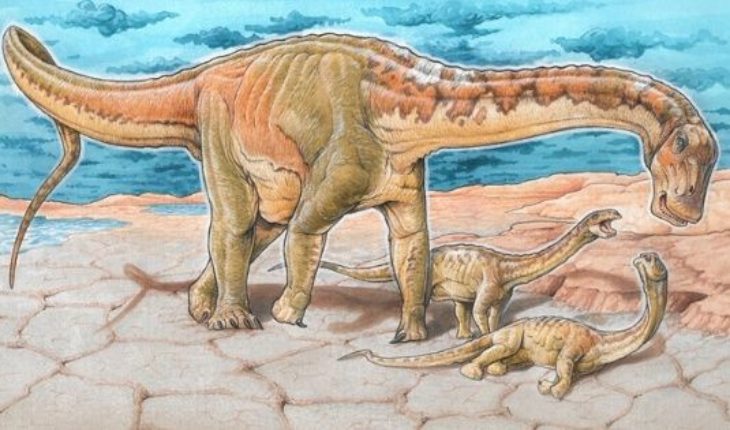a team of paleontologists Argentine and Spanish scientists discovered in the province of Neuquén skeletal remains of three specimens of a new species of dinosaurs that inhabited the region makes 110 million years, said today the National University of La Matanza (UNLaM). The finding allowed almost complete reconstruction of the skulls and skeletons of this new species named Lavocatisaurus agrioensis.
These dinosaurs belong to the Group of the sauropods, four-legged herbivores of neck and long tail.
José Ignacio Canudo, researcher of the University of Zaragoza and in charge of the investigation, reported that they also managed to identify parts of the neck, tails and back of these specimens and explained that “believe that adult measuring 12 metres, in both that juveniles” They hovered between six and seven metres”. José Luis Carballido, researcher of the Egidio Feruglio Museum and of the National Council of scientific research of Argentina, added that “we find most of the bones of the skull: snout, jaws, many teeth, bones that” define the orbit of eyes for example and, in that way, we could do a very complete reconstruction”.
Paleontologists hypothesize that they were in Group and were killed together.
Part of the Group of researchers | Photo: CTyS UNLAM the team that made the discovery, published in the scientific journal Acta Palaeontologica Polonica was composed and Canudo Carballido by Alberto Garrido (MOZ – Neuquén) and Leonardo Salgado (UNRN-CONICET).





